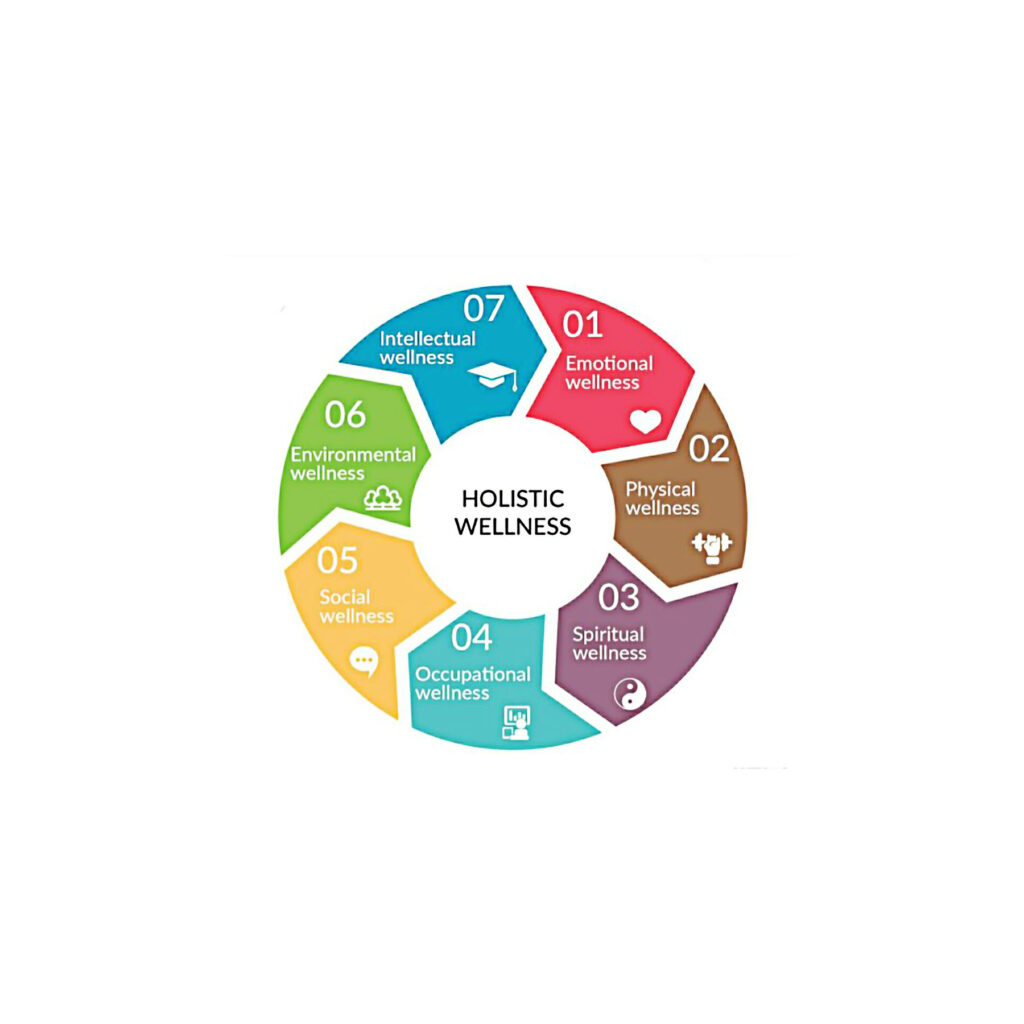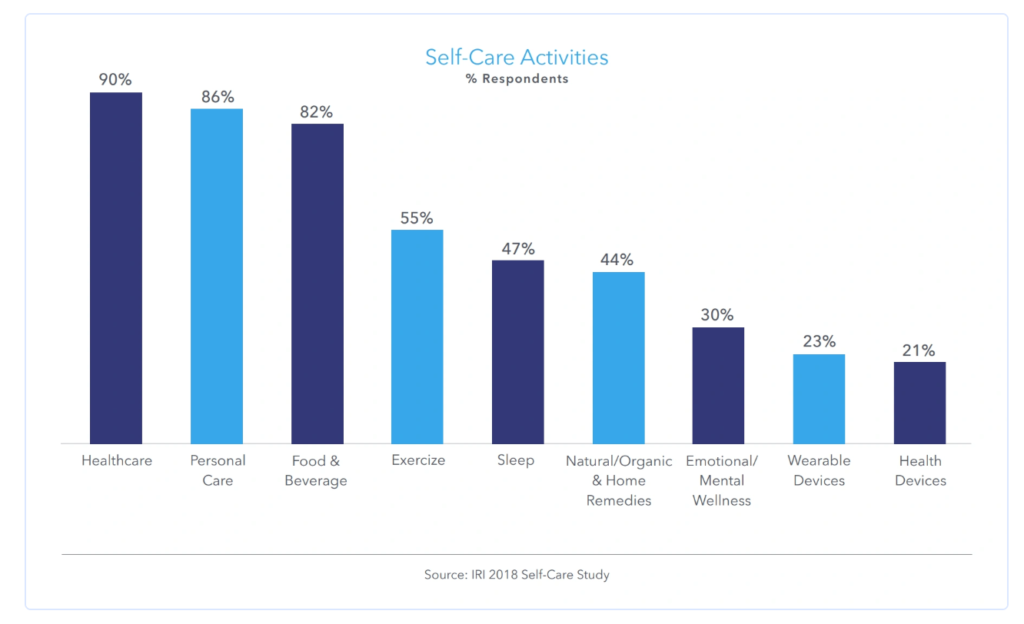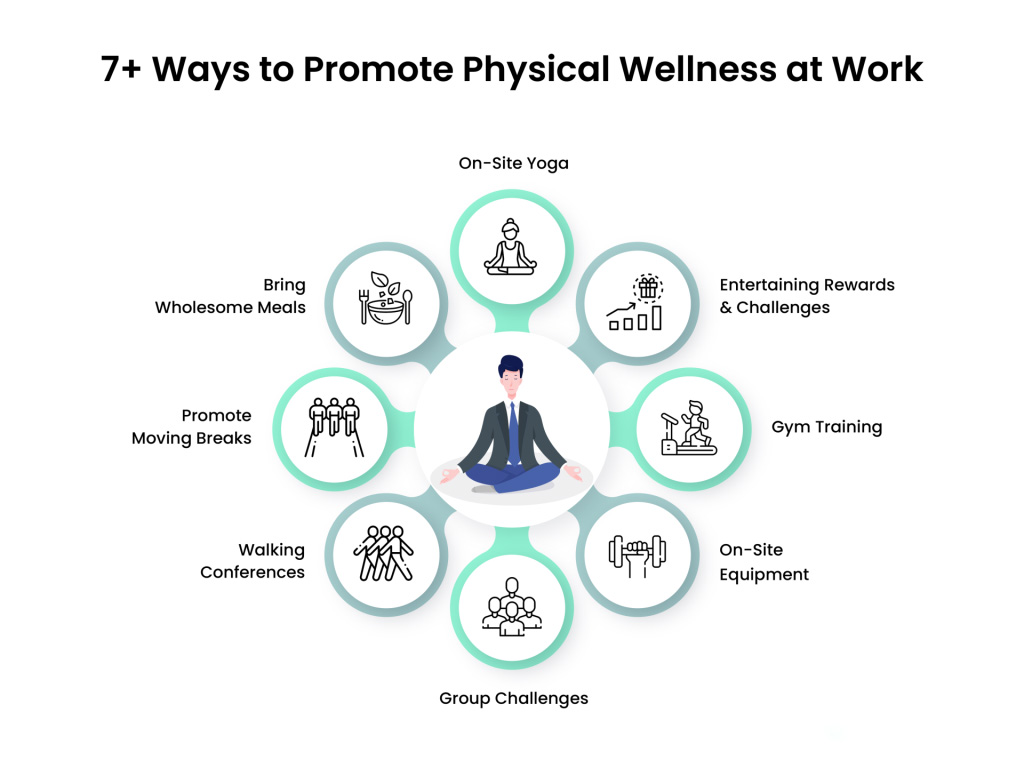The Comprehensive Guide to Holistic Wellness: A Science-Backed Journey to Wellbeing
Introduction
In today’s fast-paced world, the quest for health goes beyond mere physical wellbeing. Enter the realm of wellness, a balanced approach that harmonises the physical, emotional, and spiritual facets of our being. This article embarks on an exploratory journey into Harmonized health, unearthing the scientific principles that underscore its efficacy and providing actionable tips to incorporate into your daily routine.
Table of Contents
Holistic Wellness Defined
Understanding the Multifaceted Approach to Health
Comprehensive well-being traditional healthcare by considering the full spectrum of human existence. It’s a practice that looks at the person as a whole, intertwining the physical, mental, and spiritual dimensions of health.

The Science Behind Full-spectrum health
Evidence-Based Benefits and Research Insights
A plethora of research underscores the benefits of a holistic approach to health. Studies highlight how stress reduction, balanced nutrition, and regular physical activity contribute to improved longevity and reduced disease risk.
The Pillars of Wellness
A Deep Dive into Physical, Emotional, and Spiritual Health
including physical health, mental wellbeing, emotional resilience, spiritual connectedness, and social health. Each pillar is crucial for achieving overall wellness.
Foundations of Comprehensive Health
Optimising Your Body’s Health
Physical wellness involves nurturing the body through exercise, nutrition, and sleep. Tailored exercise regimes and balanced diets are not just trends but essentials for longevity.https://bmcmededuc.biomedcentral.com/articles/10.1186/s12909-021-02746-0
Mental and Emotional Balance
Strategies for Cultivating Mental Clarity and Emotional Stability
Mental and emotional wellness focuses on managing stress, fostering positive relationships, and developing coping mechanisms. Techniques like mindfulness and meditation play a significant role.

The Role of Nutrition in Total wellness
Eating Your Way to Better Health
The adage “you are what you eat” holds profound truth in the context of holistic wellness. A diet rich in whole foods, plants, and nutrients supports every aspect of health.
The Impact of Physical Activity
Moving Towards Health and Vitality
Regular physical activity is a cornerstone of holistic wellness, enhancing mood, boosting energy levels, and preventing chronic diseases.
Sleep: The Unsung Hero of Wellbeing
Unravelling the Mysteries of Restorative Sleep
Quality sleep is essential for healing, cognitive function, and overall health. The science of sleep reveals its deep impact on our wellness journey.
Stress Management: Key to Emotional Health
Navigating Life’s Challenges with Grace
Stress management techniques, such as yoga and mindfulness, are integral to maintaining balance and emotional health in a hectic world.
Spiritual Health: Connecting with the Inner Self
Exploring Practices for Spiritual Fulfilment
Spiritual wellness might involve meditation, nature walks, or religious practices. It’s about finding purpose and meaning in life.
The Social Aspect of Wellness
Building Healthy Relationships and Communities
Social wellness focuses on building strong, supportive relationships and engaging in meaningful community activities.
https://www.mckinsey.com/mhi/our-insights/reframing-employee-health-moving-beyond-burnout-to-holistic-health: Holistic Wellness
Americans are investing more time and money into self-care than ever before.
Harmonized health, Technology
Leveraging Digital Tools for Enhanced Wellbeing
In the digital age, technology offers tools and resources to support holistic health, from fitness apps to meditation guides.
Holistic Wellness for Different Life Stages
Tailoring Approaches for Every Age
Holistic wellness strategies can be adapted to suit different phases of life, acknowledging the changing needs from childhood through to older age.
Integrating Holistic Wellness into Daily Life
Practical Tips and Strategies
Incorporating holistic wellness into daily routines might seem daunting, but simple steps can lead to significant changes. Tips for integrating wellness practices into everyday life will be provided.
Overcoming Challenges on the Wellness Journey
Navigating Obstacles with Resilience
The path to whole-person health can be fraught with challenges, from time constraints to misinformation. Strategies for overcoming these obstacles will be discussed.
Measuring Your Wellness Progress
Tools and Techniques for Tracking Health Improvements
Understanding how to measure progress in holistic wellness is key to maintaining motivation and making informed adjustments to your wellness plan.
The Future of Wellness
Trends, Predictions, and Innovations
Emerging trends and innovations in holistic wellness promise exciting developments for those seeking a balanced approach to health.
Personal Stories of Transformation
Inspirational Accounts of Holistic Wellness Journeys
Real-life stories of individuals who have transformed their lives through holistic wellness practices can motivate and inspire.

1. Understanding Holistic Wellness:
Holistic wellness is a multi-dimensional approach to well-being that integrates physical, emotional, mental, and spiritual health. It emphasizes the importance of balancing these aspects to achieve overall health and happiness.
2. Physical Wellness:
Physical wellness involves maintaining a healthy body through regular exercise, proper nutrition, and avoiding harmful habits. Incorporate a balanced diet, regular physical activity, and sufficient rest into your routine to enhance your physical health.

3. Emotional Wellness:
Emotional wellness focuses on understanding, accepting, and managing your feelings. It involves developing resilience, seeking support when needed, and expressing emotions in a healthy manner.
4. Mental Wellness:
Mental wellness pertains to your psychological well-being. Practices such as mindfulness, stress management techniques, and seeking professional help when necessary can bolster your mental health.
5. Spiritual Wellness:
Spiritual wellness explores the meaning and purpose of your life. Whether through religion, meditation, or nature, finding a sense of connection can enhance your spiritual health.
6. Social Wellness:
Social wellness emphasizes the importance of relationships and social networks. Foster meaningful connections, engage in community activities, and nurture supportive relationships.
7. Environmental Wellness:
Environmental wellness encourages living in harmony with our surroundings and respecting the natural world. Practice sustainability, reduce waste, and support eco-friendly initiatives.
8. Occupational Wellness:
Occupational wellness involves finding fulfillment in your work and achieving a healthy work-life balance. Pursue careers that align with your values and allow for personal growth.
9. Intellectual Wellness:
Intellectual wellness is about engaging in creative and mentally stimulating activities. Embrace lifelong learning, explore new ideas, and challenge your mind.
10. Financial Wellness:
Financial wellness means managing your resources wisely, making informed decisions, and setting realistic goals. Seek advice, plan for the future, and live within your means.

Conclusion:
Holistic wellness is a comprehensive approach that encompasses various aspects of human life. By focusing on these 10 essential elements, you can embark on a journey toward a more balanced, healthy, and fulfilling life. Remember, holistic wellness is a personal journey that evolves over time, so be patient and kind to yourself as you explore what works best for you.https://mikeymajk.com/healthspan-definition-healthy-life-benefits/

